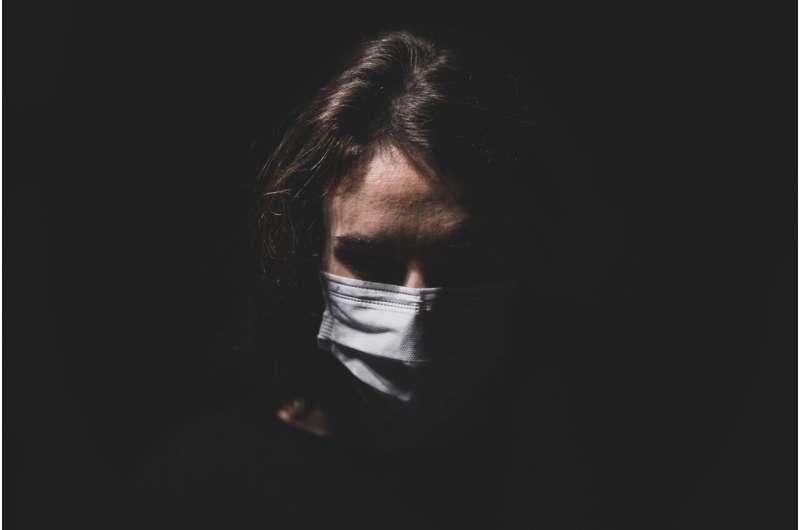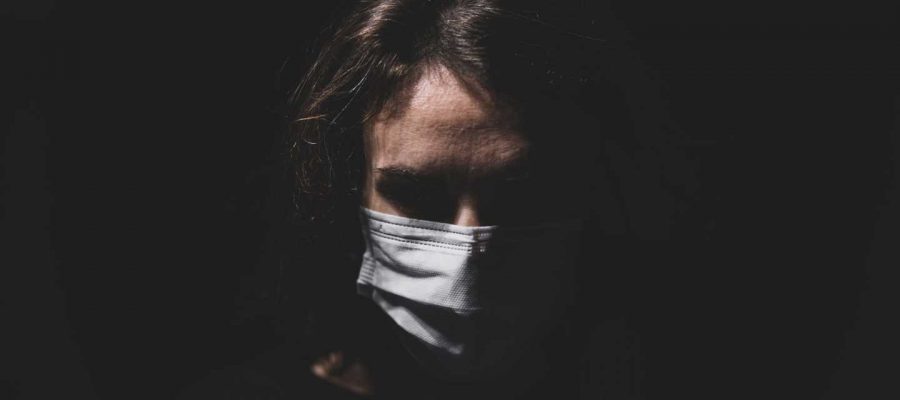
An ACU study of asylum seekers and refugees in Australia during the COVID-19 pandemic found that their experiences intensified domestic partner violence and financial stress.
Participants in the study were already experiencing pre-existing hardships while government policies that excluded them from support packages exacerbated their feelings of worthlessness and humiliation. The pandemic intensified these experiences.
The government-mandated lockdown measures led to increased feelings of loneliness and loss of social support networks, reduced access to public spaces, and limited engagement in face-to-face activities and opportunities for socializing and maintaining mental well-being. In particular, the lockdowns during the pandemic intensified domestic partner violence incidents and financial stress.
Researchers Dr. Sebastian Trew, Dr. Jen Couch, Dr. Jillian Cox and Vivien Cinque designed the study and interviewed the participants. Their paper “‘We Were Already in Lockdown’: Exploring the Impact of the COVID-19 Pandemic on Asylum Seekers and Refugees in Australia—Mental Health, Social Isolation, Abandonment, and Financial Precarity” has been published in Health & Social Care in the Community.
The themes that emerged from their study centered around everyday life and the arrival of the COVID-19 pandemic:
- Before the pandemic: “Sometimes working, sometimes not working”
- Mental health: “Maybe the COVID broke me off”
- Loss of spaces: “I couldn’t talk to anyone, even when I went outside, I scared a lot”
- Financial precarity: “We need food, we have to pay rent … it’s big issue for us”
- Abandonment, again: “When you do not have a visa it’s already a locked down life”
These findings are not just historical facts. The effects of the pandemic are still affecting society, and are having a profound impact on the mental health and well-being of asylum seekers and refugees in Australia. The findings from this study suggest a systemic failure to recognize and address the unique needs of these groups in Australia during the crisis.
Source: Read Full Article
